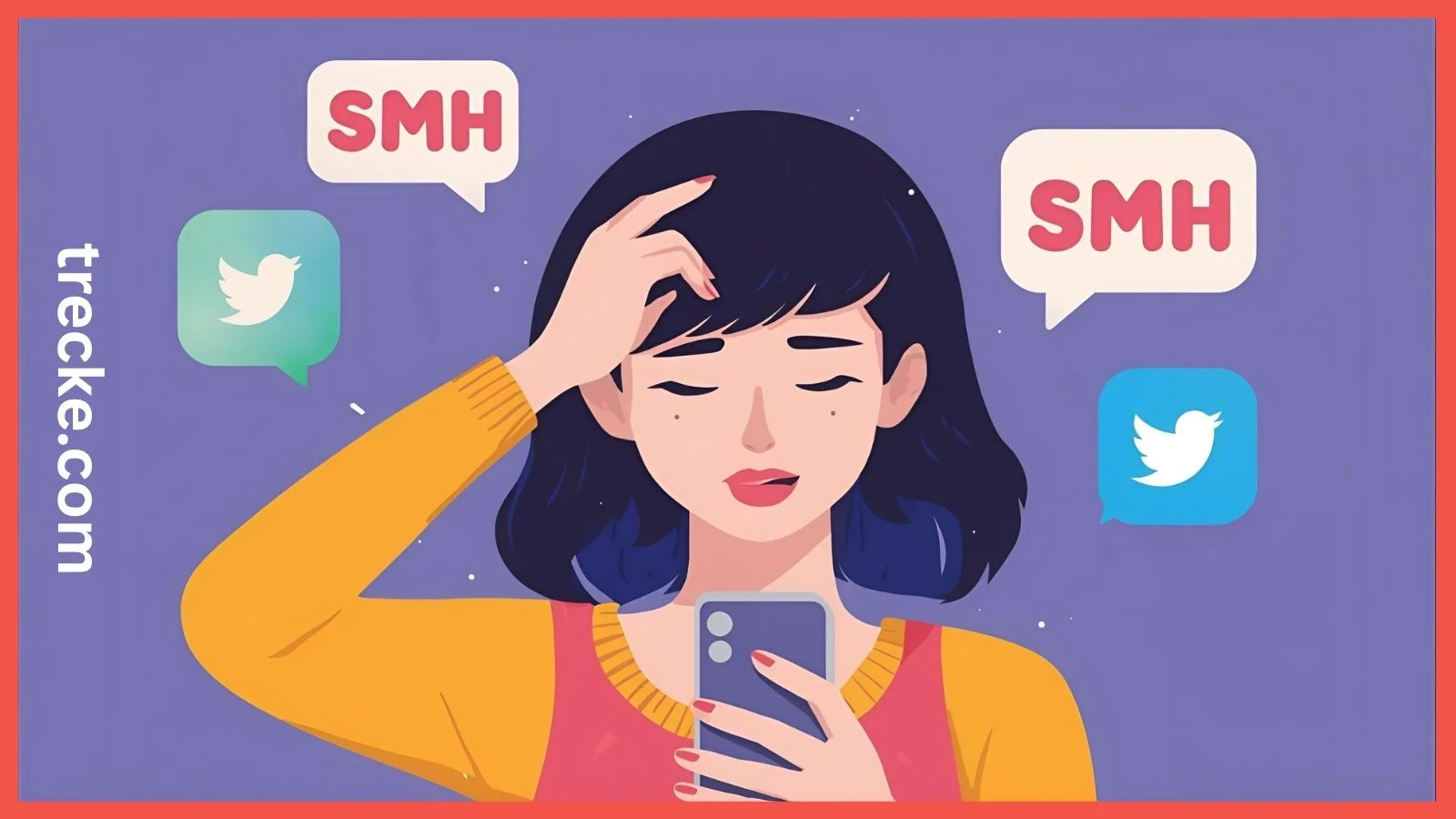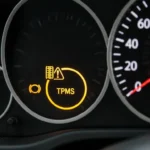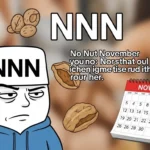Have you ever seen “SMH” in a text, social media post, or online chat and thought, “What does SMH mean?” Acronyms like SMH are everywhere in digital communication, helping people express feelings quickly—but they can also be confusing if you’re not familiar with them.
Understanding SMH is important because it lets you interpret messages correctly, respond appropriately, and join conversations confidently. Whether you’re texting friends, scrolling through Twitter, replying to Instagram comments, or chatting on TikTok, knowing what SMH means ensures you don’t miss the context.
Quick Reply: If someone sends “SMH,” don’t worry! This guide explains its meaning, examples, common misconceptions, and tips for responding naturally.
Definition & Meaning
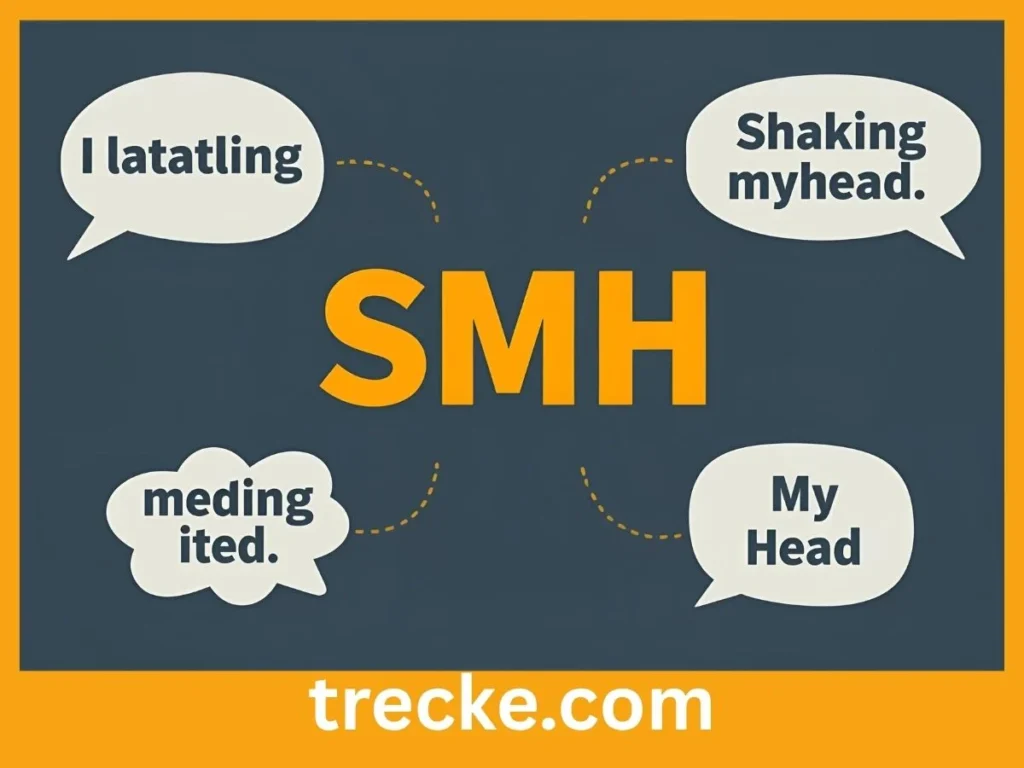
SMH stands for “Shaking My Head.” It’s a slang acronym used to express disbelief, disappointment, frustration, or disapproval.
- Example in Texting:
Alex: “He forgot his homework again.”
Sam: “SMH… how does he keep doing that?” - Example on Social Media:
Tweet: “People still littering in the park… SMH.”
Key Point: SMH is a casual way to show your reaction without typing a long response. It’s commonly used in texting, social media, and online communities.
Background & History
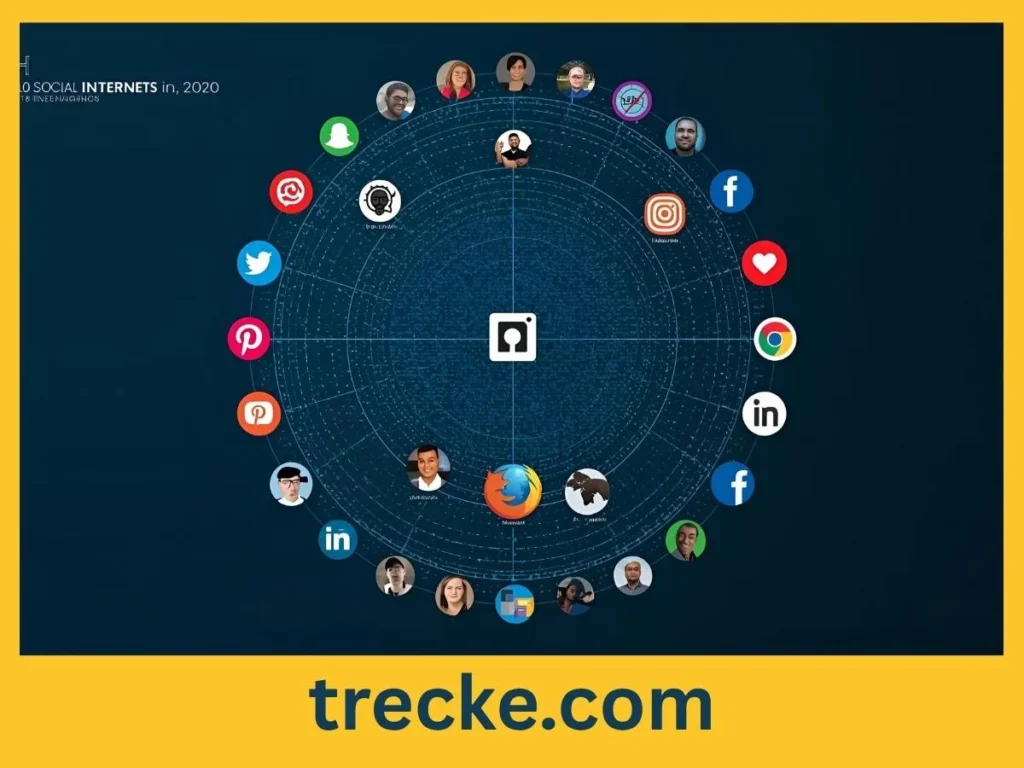
SMH originated from internet and SMS slang.
- Early 2000s: Used on chat forums, instant messaging apps, and early social media platforms.
- 2010s: Became popular on Twitter, Instagram, and texting as smartphones spread.
- Today: SMH is widely recognized worldwide, especially among teenagers, young adults, and online communities.
It reflects how digital communication favors quick, expressive shorthand to convey emotion efficiently.
Usage in Various Contexts

1. Texting & Casual Chats
- Example:
Alex: “He’s late again.”
Sam: “SMH… he’s always late!”
2. Social Media
- Example:
Instagram comment: “SMH at people who don’t recycle.”
3. Gaming Communities
- Example:
Player1: “You fell off the map again?”
Player2: “SMH… I can’t believe it.”
4. Professional Context (Casual Messaging Only)
- Example:
Colleague: “The report wasn’t submitted on time.”
You: “SMH… let’s remind the team politely.”
Common Misconceptions & Clarifications

- Misconception 1: SMH is always negative.
- Clarification: Usually expresses disappointment or disbelief, but can also show playful frustration.
- Clarification: Usually expresses disappointment or disbelief, but can also show playful frustration.
- Misconception 2: Everyone understands SMH.
- Clarification: Older generations or non-English speakers may not recognize it.
- Clarification: Older generations or non-English speakers may not recognize it.
- Misconception 3: SMH is formal language.
- Clarification: It’s casual slang, inappropriate in formal emails or professional documents.
- Clarification: It’s casual slang, inappropriate in formal emails or professional documents.
Similar Terms & Alternatives
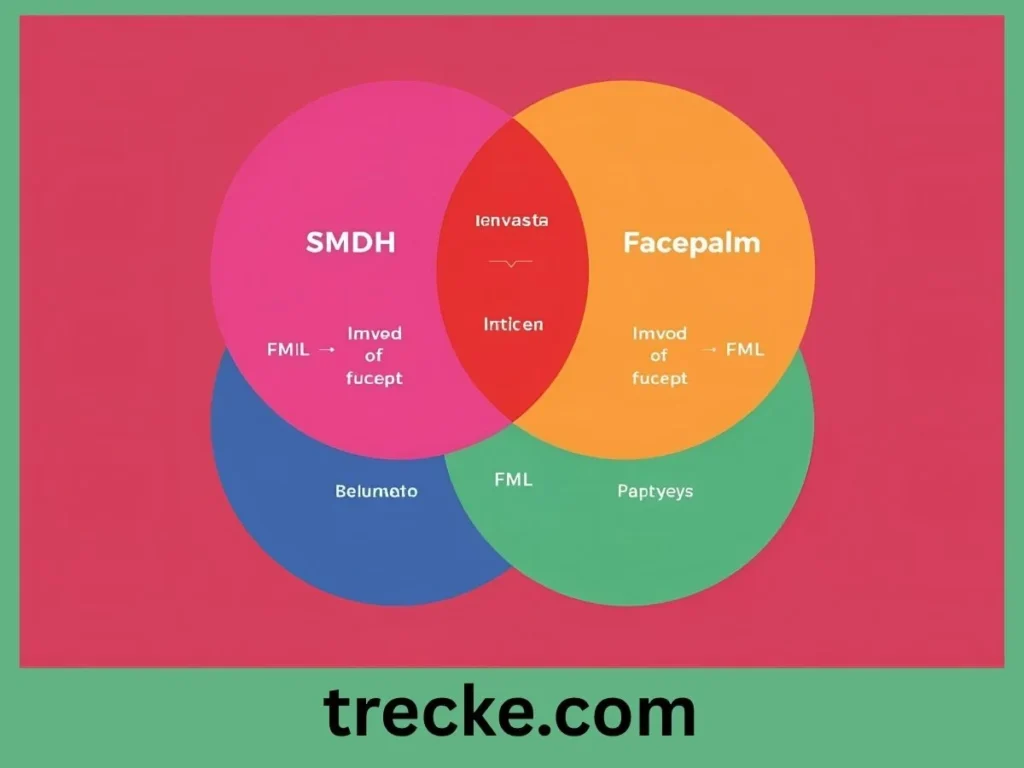
| Term | Meaning | Example |
| FML | Frustration | “FML, I missed the bus again.” |
| Facepalm | Disbelief | “Facepalm… I can’t believe that happened.” |
| SMDH | Shaking My Damn Head | “SMDH, why would you do that?” |
| SMFH | Shaking My Freaking Head | Similar to SMH, less common |
Tip: Use alternatives if you want a stronger or more humorous reaction.
How to Respond to SMH

Casual:
- Friend: “SMH”
- You: “I know, right?”
Funny:
- Friend: “SMH”
- You: “Should we start a support group?”
Professional/Casual Work Chat:
- Colleague: “SMH at the error in the report.”
- You: “Let’s correct it and send a note to the team.”
Privacy-Conscious / Neutral:
- Friend: “SMH”
- You: “Yeah… moving on.”
Regional or Cultural Differences

- North America & UK: SMH is widely understood in texting and social media.
- Europe & Asia: Recognized mostly among English speakers or online communities.
- Other Regions: May require explanation for older audiences or non-English users.
Tip: SMH is best used where your audience understands casual internet slang.
Comparison with Similar Terms
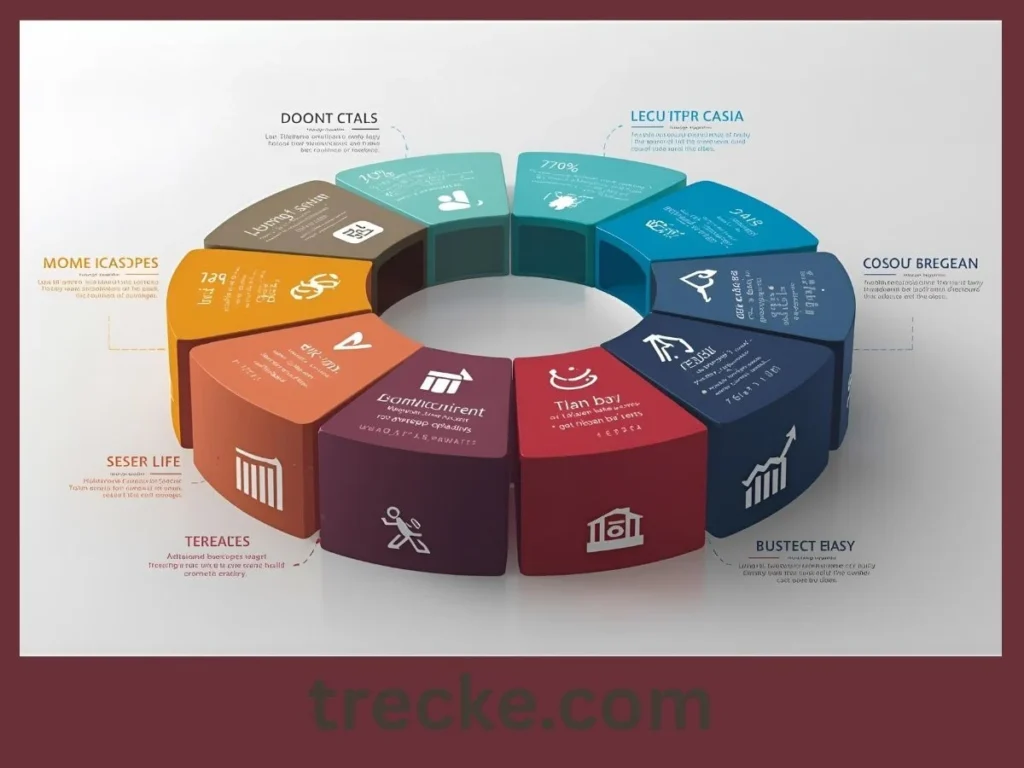
| Term | Meaning | Tone | Platforms |
| SMH | Shaking My Head | Casual | Text, Twitter, Instagram |
| SMDH | Shaking My Damn Head | Stronger | Text, social media |
| Facepalm | Physical expression | Casual | Forums, memes |
| FML | Frustration/Disbelief | Casual | Text, social media |
Usage in Online Communities & Dating Apps
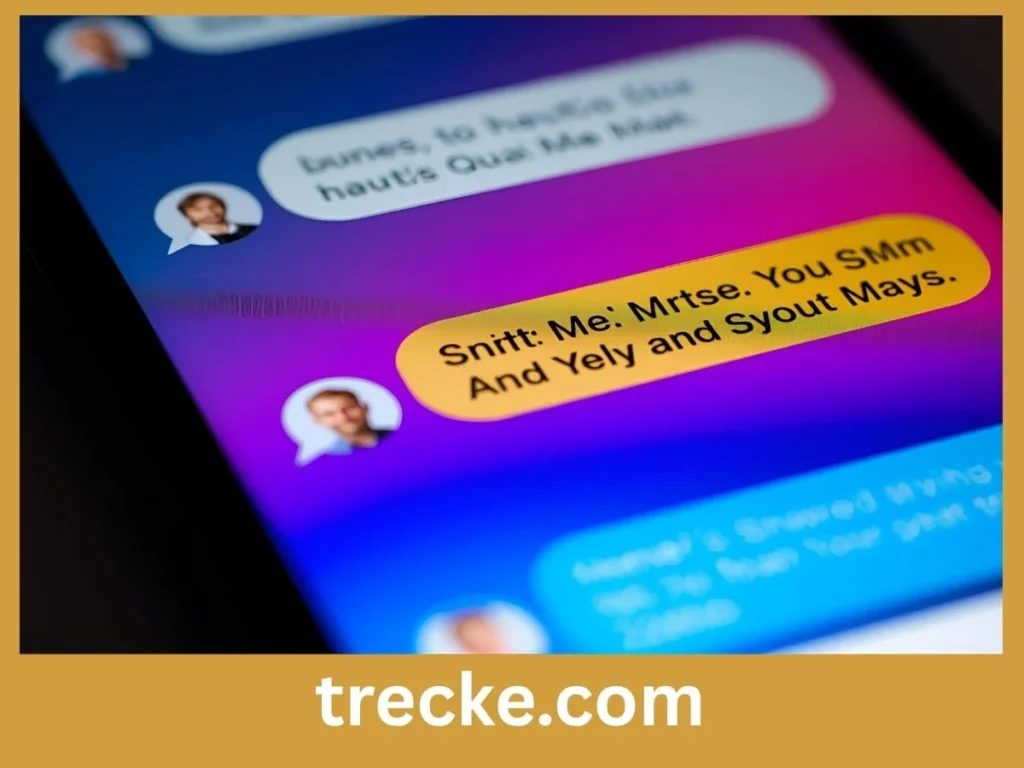
- On Twitter or Reddit, SMH is often used to react to news, tweets, or discussions.
- On dating apps, SMH can show playful disbelief or disappointment in conversations.
- Gaming chats: Used to express frustration at teammates or gameplay.
Tip: Use SMH sparingly to avoid sounding passive-aggressive.
Hidden or Offensive Meanings
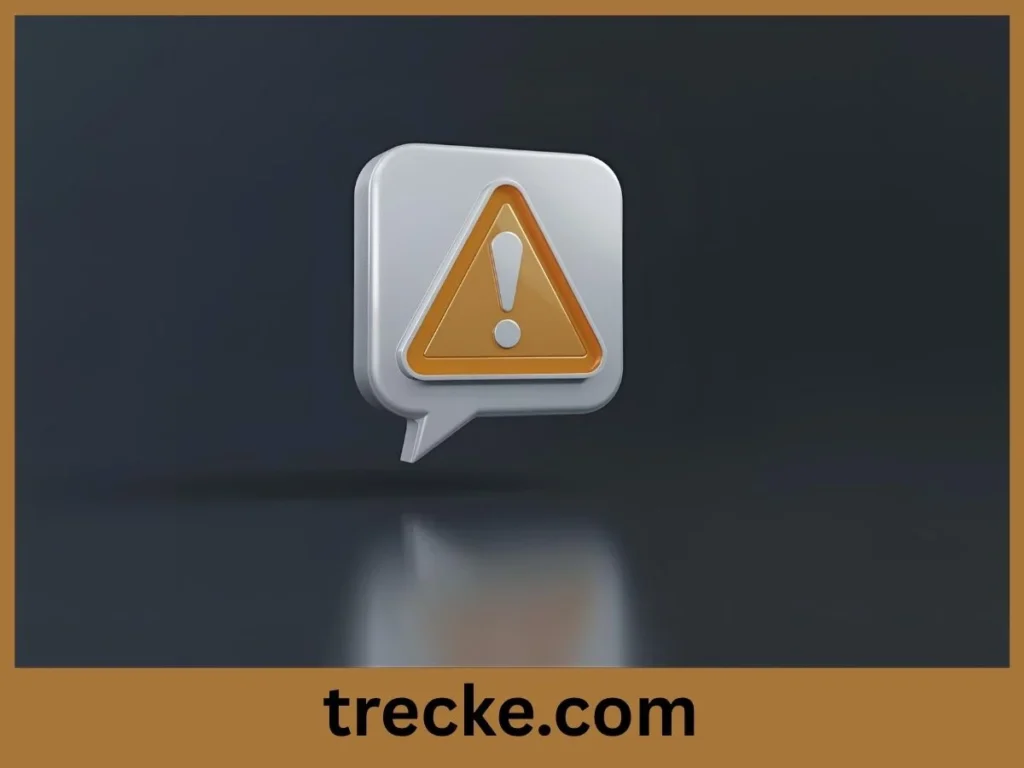
- SMH itself is not offensive, but context matters.
- Adding stronger versions like SMDH can include mild profanity, which may be inappropriate in some chats.
- Tone is important—don’t use SMH in sensitive or serious discussions.
Suitability for Professional Communication

- Not recommended in emails or formal documents.
- OK for casual internal chats among colleagues if tone is understood.
- Alternative professional phrasing: “I’m surprised” or “That’s disappointing.”
FAQs
1. What does SMH mean?
- SMH stands for Shaking My Head, used to express disbelief or frustration.
2. Is SMH rude?
- Not inherently rude; usually casual or humorous.
3. Can SMH be used professionally?
- Only in casual internal messaging, not in formal emails.
4. What is SMDH?
- A stronger version of SMH, includes mild profanity: Shaking My Damn Head.
5. Where is SMH commonly used?
- Texting, Twitter, Instagram, TikTok, Reddit, and gaming chats.
6. Can SMH be misunderstood?
- Yes, older audiences or non-English speakers may not recognize it.
Conclusion
SMH is a versatile internet acronym meaning Shaking My Head, used to express disbelief, frustration, or disappointment. It’s common in texting, social media, and online communities, but should be avoided in formal communication. By understanding SMH, you can interpret messages accurately, respond appropriately, and join conversations confidently.
Next time you see SMH, you’ll know exactly how to react—whether casually, humorously, or professionally.
